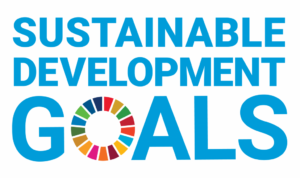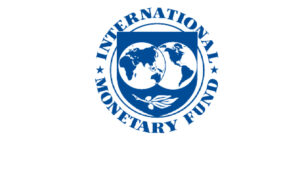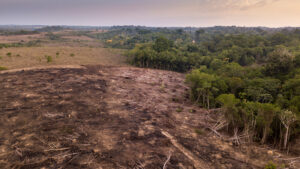
After completing this project with my group, I gained great perspective on how the international system affects developing countries in their efforts towards achieving various Sustainable Development Goals. In addition to my group’s project, I listened to the podcasts from groups who focused on situations in the countries of Brazil, Botswana, and Sri Lanka. Taking into account all of the information I have learned from both my own project and the three other groups, I believe there are ways in which the international system both hinders and helps these countries in achieving their SDGs.
For Iran, the country my group concentrated on, the United States placed sanctions on the country which greatly hindered the growth of the Iranian economy. These sanctions came in response to continued Iranian support of terrorist groups as well as the Iranian nuclear program. The continued domestic issues that have plagued Iran for decades have turned many countries off from supporting their development and governmental reform. However, these sanctions inflicted by the U.S. and its’ allies create an ongoing cycle of stagnation that is harmful to the Iranian citizens. When listening to podcasts from the other groups, I noticed similar commentary on the issues dealing with corrupt governments. It is clear that domestic issues inhibit the involvement of developed states which, in turn, inhibits progress towards SDGs in developing countries.

Something else I noticed in the other three podcasts I listened to was the discussion of how impactful international organizations have been in the progress of SDGs in these developing countries. Particularly the World Bank and the International Monetary Fund have facilitated significant progress for Botswana and Sri Lanka. After Sri Lanka’s issues with poor governance in China relations, the IMF and World Bank aided greatly in their financial recovery. The IMF also supported Botswana in working towards SDG 1 (no poverty) by awarding them a grant to develop social programs. Botswana and Sri Lanka are great examples of how international institutions have helped countries in their development, proof that these institutions are working.
In Brazil, United Nations programs like the Reduced Emissions from Deforestation and Forest Degradation in developing countries (REDD) have helped in their efforts to spread awareness of the devastating effects of large scale deforestation. UN programs like this are somewhat helpful, but the international influence of investors who promote deforestation tend to be unfazed by these efforts. The situation of the Amazon Rainforest is also tricky because it contributes greatly to the Brazilian economy, but the podcast mentioned that GDP will be reduced by some three million dollars once the resources run out. Not to mention the environmental and social issues that come with the deforestation of the Amazon. This is a pattern in the history of the international system, and it has happened time and time again. Developed countries take advantage of the raw material and cheap labor that developing countries harbor because their economies depend on it, yet they are not fully compensated. As a consequence, overall development is hindered, especially progress towards SDGs.

Image of Deforestation in Amazon Rainforest
Overall, it is clear that the international system has contributed both positively and negatively to the progress of Sustainable Development Goals in developing countries. I believe that without any international intervention, these countries would struggle greatly to achieve the goals on their own. However, it is also clear that many states do not actually have the best interest of these developing countries in mind and hinder their progress instead. There is no one solution to these issues, but I don’t believe the goals are completely unattainable. With a sustained international effort, these goals can be accomplished over time.